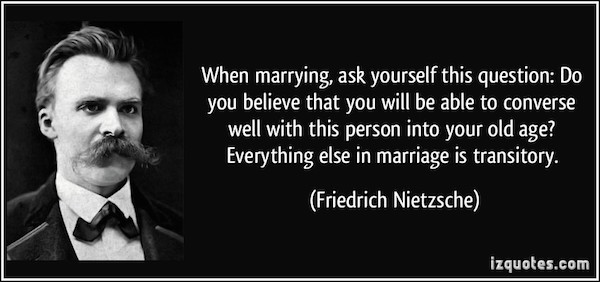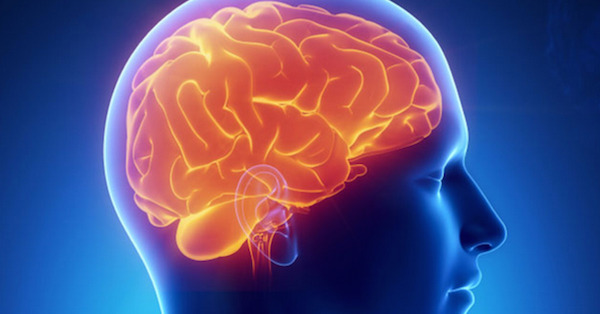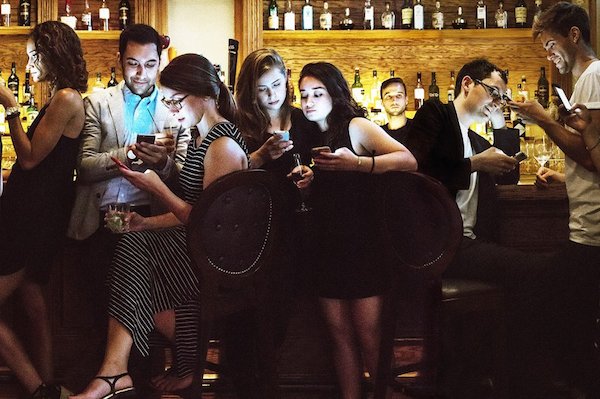If we beat death and aging, would monogamy disappear?

Also dinners. If you can’t agree on where to go to dinner, just quit now.
Whenever there is another news story (like this one) about how we’re inching ever closer to discovering the secret of “defeating death” or “reversing aging”, the easy immediate reaction is “whoa, cool, I can be immortal!”.
Leaving aside the fact that I personally think that sounds terrible (discuss!), the follow-up thoughts are a lot more interesting. Even if people don’t stop dying completely, and just lived much, much longer than they already do, there would be tons of repercussions for society. Economic, environmental, social.
For now let’s focus on one: relationships.
Conventional wisdom says that as life has extended, marriage in particular has been forced to change; that when life expectancy was shorter, it was more attainable to have a healthy relationship for twenty to forty years, but as people live much longer, can any one partnership possibly be expected to sustain itself for sixty, or a hundred?
And if we shift expectations that life will almost certainly extend a hundred years (or two hundred, or more!), it seems likely that our expectations on how any one relationship could last that long will have to shift too.
In a world where people live twice as long, how do the parameters of long-term relationships have to change to accommodate?
Would people still try to partner up and stay together “til death do us part”?
Shift into more open ongoing relationships with multiple partners?
Accept that a series of long-term but non-permanent relationships can be satisfying for all involved?


